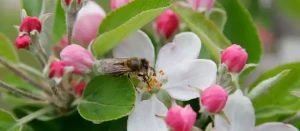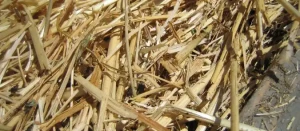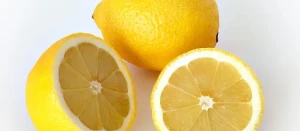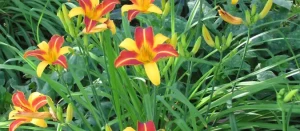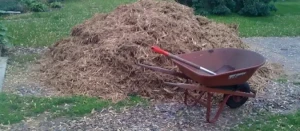SEARCH RESULTS > ARTICLES > organic gardening
Learn why building guilds around your trees benefits your garden by fostering ecosystem health, promoting biodiversity, and enhancing soil fertility. Learn More
The no-dig method, also known as no-till gardening, is a sustainable and organic approach to cultivating vegetables without disturbing the soil structure. This gardening technique has gained popularity among gardeners due to its numerous benefits for soil health, plant growth, and overall garden productivity. Unlike traditional gardening methods that involve tilling, digging, and turning the soil, the no-dig method emphasizes minimal soil disturbance. Instead of breaking up the soil, gardeners layer organic materials on top of the ground to create nutrient-rich soil beds where plants can thrive. By implementing the no-dig method, gardeners can improve soil structure, enhance soil fertility, and promote beneficial soil organisms such as earthworms and microorganisms. Additionally, this approach helps to conserve water, reduce weed growth, and minimize soil erosion. Learn More
Electroculture gardening, an age-old practice gaining renewed attention, involves the application of electrical stimulation to enhance plant growth, health, and productivity. This innovative technique harnesses the power of electrical fields to optimize soil conditions and promote vibrant, resilient plants. Learn More
Benefits of Worms in Soil. Worms are invaluable to gardeners for various reasons. They enhance soil structure, increase nutrient availability, and promote microbial activity. One of their lesser-known benefits is their role in regulating soil pH. Learn More
Welcome, fellow gardeners, to the world of edible flowers! In this article, we will explore the delightful realm of incorporating edible blooms into your garden, not only for their visual appeal but also for the culinary wonders they offer. Learn More
Cover crops are an essential aspect of sustainable gardening. These crops, also known as green manure, are planted primarily to improve soil health, enhance fertility, control weeds, and prevent erosion. Learn More
If the chill of winter begins to wane and the first signs of spring emerge, gardeners eagerly anticipate the opportunity to revitalize their garden beds. Transitioning from winter to spring requires careful attention to cleaning and preparing garden beds to ensure a successful growing season ahead. Learn More
Mulching is a fundamental practice in gardening that offers a multitude of benefits to both plants and soil. Whether you're a seasoned gardener or just starting out, understanding the principles and techniques of mulching can greatly enhance the health and beauty of your garden. Learn More
